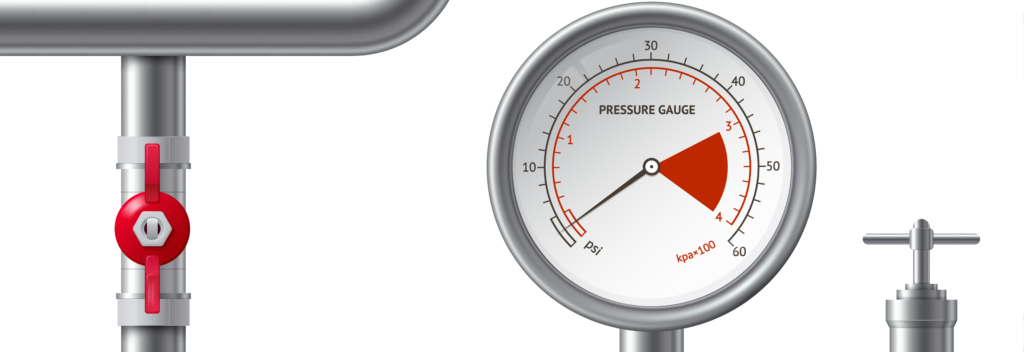Pressure Transducers and Transmitters
Learn about a really versatile instrument utilized in business these days:
In this article, we’re getting to introduce you to a really versatile instrument utilized in business these days – the Pressure Transmitter. We will discuss Pressure Transducers and Transmitters in this blog
All right…let’s go.
Transmitter vs Transducer
First of all, let’s discuss the terms Transducer and Transmitter. Some individuals can tell you that a Transducer and a Transmitter are constant things and thus the terms are interchangeable.
If you’re curious, conduct an internet search of the 2 terms and you may be shocked at the big selection of results!
Transducer
A Transducer could be a device that converts one kind of energy to a different.
For example, an electrical Transducer converts a detected physical variable like temperature into an analog electrical signal.
Transmitter
A transmitter could be a device that converts the electrical signal from the Transducer into a way larger electrical signal that may be sent over an extended distance to a PLC or a DCS.
Transmitter signaling
The transmitter signaling is typically a spread of voltage (1 to five V) or current (4 to 20 mA) that represents the 0 to 100% of the detected physical variable.
Pressure Transmitter
A Pressure Transmitter is an instrument connected to a Pressure Transducer.
The output of a Pressure Transmitter is an analog electrical voltage or a current signal representing 0 to 100% of the pressure vary detected by the Transducer.
Measuring Diaphragm
The actual detector a part of the Transducer that makes contact with the pressure being detected relies on many technologies and materials like gage, Capacitance, and Potentiometric.
The actual method is separated from the sensing material by an activity diaphragm.
The type of detector chosen is set by the appliance and setting it’s getting used in.
Pressure Measure
Pressure transmitters will live absolute, gauge, or differential pressures.
Absolute pressure
Absolute pressure is documented to an ideal vacuum that is taken into account zero psi! We state categorical vacuum pressure as 0 psi (a).
Atmospheric pressure is typically concerning 14.7 psi (a).
Gauge Pressure
The most common pressure measure is gauge pressure that is that the total pressure minus the air pressure.
Atmospheric pressure is 0 psi (g).
The flexibility of a differential pressure transmitter provides us the flexibleness to live level and flow similarly as pressure.
Pressure Transmitter Example
Let’s have a glance at an example of a Pressure Transmitter activity method pressure of gasses during a pipeline.
The Pressure Transmitter can send a current signal to the PLC that represents the method pressure.
The Pressure Transmitter is marked to supply a current vary of 4 to 20 mA for a method Pressure vary of 0 to 350 psi.
Summary
Let’s review what we’ve mentioned.
– Some individuals can tell you that a Transducer and a Transmitter are constant things and thus the terms are interchangeable.
– A Transducer could be a device that converts one kind of energy to a different.
– A transmitter could be a device that converts the electrical signal from the Transducer into a way larger electrical signal that may be sent over an extended distance to a PLC or a DCS.
– A Pressure Transmitter is an instrument connected to a Pressure Transducer.
– The output of a Pressure Transmitter is an analog electrical voltage or a current signal representing zero to 100% of the pressure vary detected by the Transducer
– Pressure transmitters will live absolute, gauge, or differential pressures.


